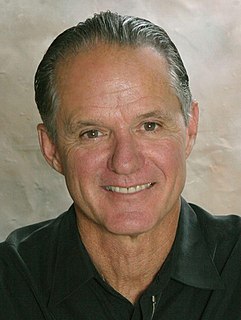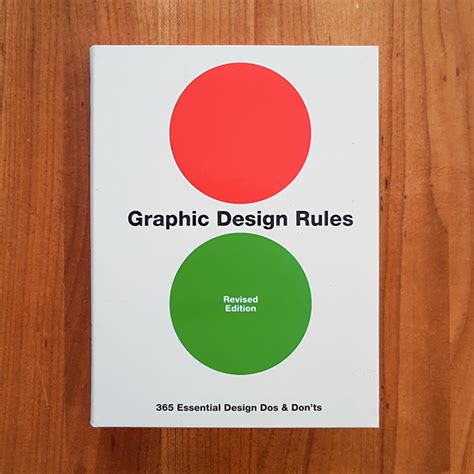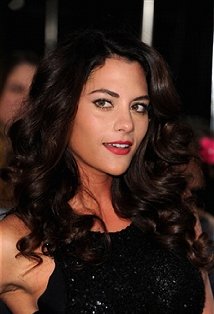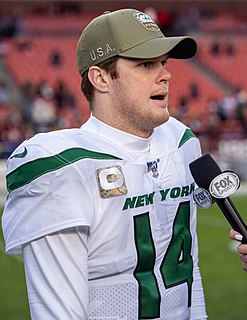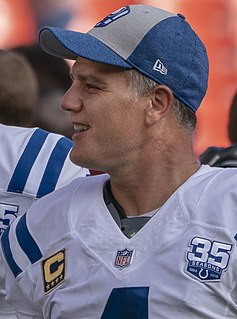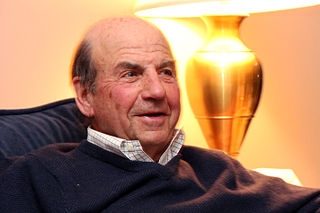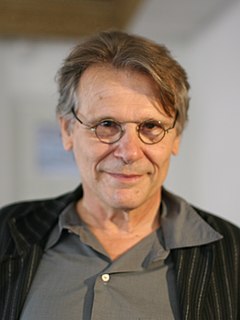A Quote by Richard Strozzi-Heckler
As the field of coaching finds its way to becoming a mature discipline, James Flaherty's dedicated field research, study, and sound articulation offers a definitive ground and a sensibility of genuine care. At the core this book offers a way of thinking about human beings that makes action and practice central to learning. This is a no-nonsense, generous, pragmatic book that belongs on the shelf every coach, novice or veteran.
Quote Topics
About
Action
Articulation
Becoming
Beings
Belongs
Book
Care
Central
Coach
Coaching
Core
Dedicated
Definitive
Discipline
Every
Field
Finds
Generous
Genuine
Ground
Human
Human Being
Human Beings
James
Learning
Makes
Mature
Nonsense
Novice
Offers
Practice
Pragmatic
Research
Sensibility
Shelf
Sound
Study
Thinking
Veteran
Way
Way Of Thinking
Related Quotes
The field is a halfway house, halfway between the detail of those intimately known places and the ignorance of a landscape view ... The essence of a field is that the cultural accommodates the natural there. The human being makes room for and makes use of those organisms that are not him. In that way the field is a poem to symbiosis, and a human contract with the natural.
The book of the moment often has immense vogue, while the book of the age, which comes in its company from the press, lies unnoticed; but the great book has its revenge. It lives to see its contemporary pushed up shelf by shelf until it finds its final resting-place in the garret or the auction room.
The Sketchnote Handbook is neither about sketching nor is it about note taking. It's about receiving and processing the world in a more complete and insightful way. It's a software upgrade for your brain. For those who've been shamed into thinking that drawing is either beyond them or beneath them, this book offers a whole new way of mastering the daily onslaught of information and turning it into raw material for discovery. (For those of us who've done this all our lives, the book provides a beautifully conceived and lovingly illustrated treat, and a great gift for our left-brained friends.)
The metaphor ( coaching) with sports is meant quite seriously... the coach stands back , observes the performance, and provides guidance. The coach applauds strengths, identifies weaknesses, points up principles, offers guiding and often inspiring imagery, and decides what kind of practice to emphasize.
At our most elemental, we are not a chemical reaction, but an energetic charge. Human beings and all living things are a coalescence of energy in a field of energy connected to every other thing in the world. This pulsating energy field is the central engine of our being and our consciousness, the alpha and the omega of our existence.
Tis the good reader that makes the good book; in every book he finds passages which seem confidences or asides hidden from all else and unmistakenly meant for his ear; the profit of books is according to the sensibility of the reader; the profoundest thought or passion sleeps as in a mine, until it is discovered by an equal mind and heart.
The Unheavenly Chorus is the definitive study of participatory inequality in America. Marshaling prodigious evidence, the authors show how money not only buys influence directly but also affects associations that are supposed to be democratic antidotes to concentrated wealth. A monumental achievement of careful scholarship, this book offers real knowledge of how politics actually operates.
I think a book-length poem stands about as good a chance as a collection of individual poems in reaching its field of ears. This does not mean I have not found some of them too daunting to read all the way through, but it would seem there ought to be some ambition on the writer's part to create a work that would be "a read" all the way through. If not, all the pleasure belongs to the maker, and that in itself is something, an achievement.
We human beings build houses because we're alive but we write books because we're mortal. We live in groups because we're sociable but we read because we know we're alone. Reading offers a kind of companionship that takes no one's place but that no one can replace either. It offers no definitive explanation of our destiny but links us inextricably to life. Its tiny secret links remind us of how paradoxically happy we are to be alive while illuminating how tragically absurd life is.
